Hundreds protest 'imperialist summit' as G7 leaders meet in Hiroshima
Hundreds of people have protested in Hiroshima where the US-led Group of Seven leaders met to stiffen sanctions on Russia, provide further support for Ukraine and discuss growing tensions with China.
Japanese Prime Minister Fumio Kishida, who holds the rotating G7 presidency, met with US President Joe Biden ahead of the summit that runs until Sunday. Officials said Ukrainian President Volodymyr Zelensky would attend in person over the weekend.
In a joint statement on Friday, they said existing measures against Russia would be broadened and any exports that could help it in its 15-month war with Ukraine would be restricted across the G7 countries.
"This includes exports of industrial machinery, tools, and other technology that Russia uses to rebuild its war machine," they said, adding they would also try to restrict Russian revenues from trade in metals and diamonds.
Members of the G7 include the United States, Japan, Germany, Britain, France, Canada and Italy.
Ahead of the summit, Kishida and Biden discussed further strengthening what they called the deterrence of the Japan-US alliance and decided to develop Japan-US-South Korea cooperation.
"Biden is in the land of Hiroshima and he's brought a button along to fire a nuclear missile, I cannot forgive him for this. He needs to apologise to the people in Hiroshima," protester and labor union member surnamed Niishima told Reuters.
Kishida, who represents Hiroshima in Japan's lower house of parliament, said he chose the city for the summit to focus attention on arms control.
Hiroshima, and another Japanese city, Nagasaki, were destroyed by US nuclear attacks 78 years ago. The aerial bombings together killed up to 226,000 people, most of whom were civilians, and remain the only use of nuclear weapons in an armed conflict.
Hiroshima has become the scene of angry protests, condemning the "imperialist summit", with police officers from across the country patrolling the area.
Hundreds of protesters rallied from Wednesday to Thursday in front of the Hiroshima Peace Memorial, also known as the Atomic Bomb Dome, at Hiroshima Peace Memorial Park, which will be closed until next Monday for the summit.
Carrying banners and signs such as "Crush the G7 Summit" and "No War-themed Conference", the protesters chanted slogans such as "No Japan-US leaders talk" and "Withdraw US military bases in Japan."
The protesters, including university students and family members of atomic bomb victims, gathered along one of Hiroshima's main streets, which was crowded with police more than 10 times the number of protesters.
"I am absolutely against war. I am against using nuclear weapons, that is why I am here. This summit is being held to prepare for a nuclear war," Niishima said.
Ryo Miyahara, head of a group of Hiroshima citizens and one of the organizers of the demonstration, said the talks between the US and Japanese leaders on Thursday, would ultimately lead to the promotion of a military alliance between the two countries in East Asia.
"Today's talks will definitely ignore the ideas of ordinary people," said Akamine Chiaki, a college student from Okinawa at Thursday's rally.
"Japan and the United States are trying to conduct a war of aggression on China. I am protesting because I absolutely cannot accept the fact that they are in Hiroshima, a place where an atomic bomb was dropped, trying to hold a meeting to start a nuclear war," another protester, surnamed Kawano, told Reuters.
Apart from the G7 members, Japan has invited India, Australia, Brazil, South Korea, Vietnam, Indonesia, the Cook Islands and the Comoros Islands, as well as the heads of several international organizations, including the United Nations, the World Bank and the World Health Organization to the summit.
Barack Obama was the first American president to visit the Peace Memorial in Hiroshima in 2016. He did not apologize for the only combat use of nuclear weapons in history, nor did he renounce US president Harry Truman's decision to carry out the monumental massacres.
The US continues to boastfully justify the bombings and the ensuing carnage, contending that they were necessary to end the war and "save lives," although many historians question that view and insist they were unjustified.
The G7 is an intergovernmental political forum. The European Union is a “non-enumerated member” and has participated in the summit since the 1980s. The group changed to the G8 with Russia joining in 1998. In 2014, however, Russia was excluded over the Ukrainian crisis.
Spain jurists demand ties with Israel ties be cut
VIDEO | Press TV's news headlines
VIDEO | Iran honors top Science Olympiad medalists
VIDEO | Austrians arrested at Gaza protest in Vienna
10 killed in bus crash in western Iran
VIDEO | One-man-band journalism with Civili
5 Israeli forces killed as Palestinian fighters face up to regime’s war machine
VIDEO | An insider's view of the country: Persian Tahini, Royan in Mazandaran


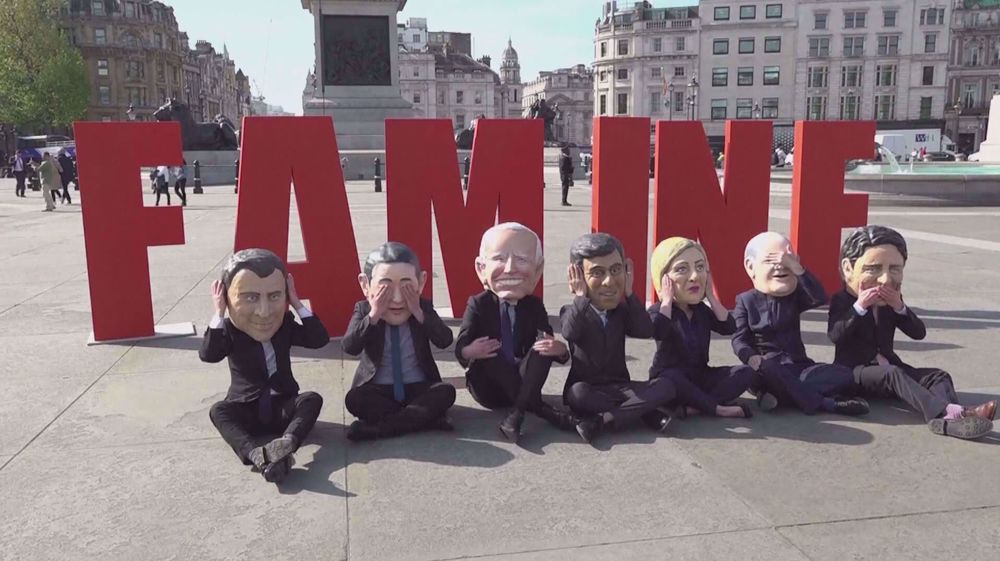
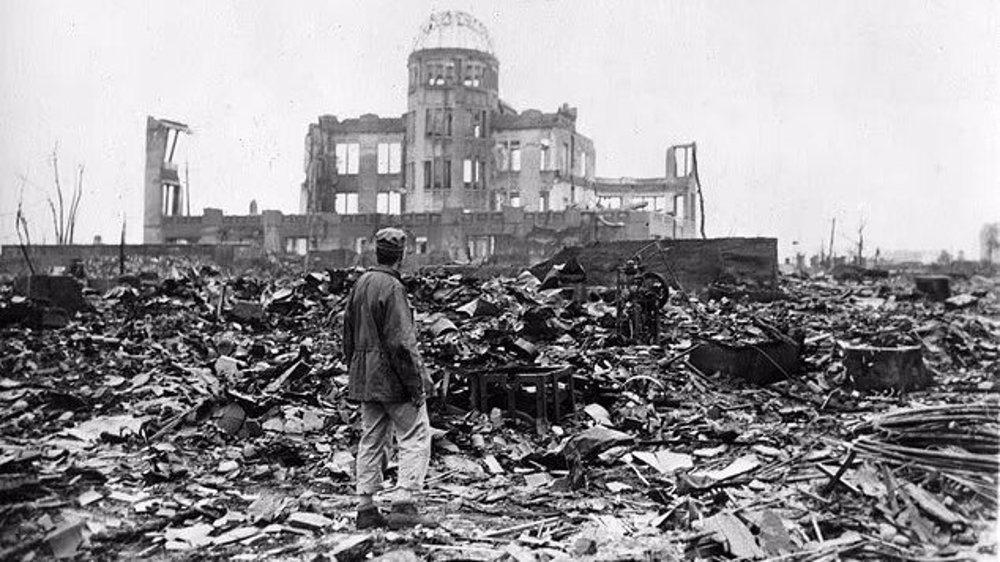
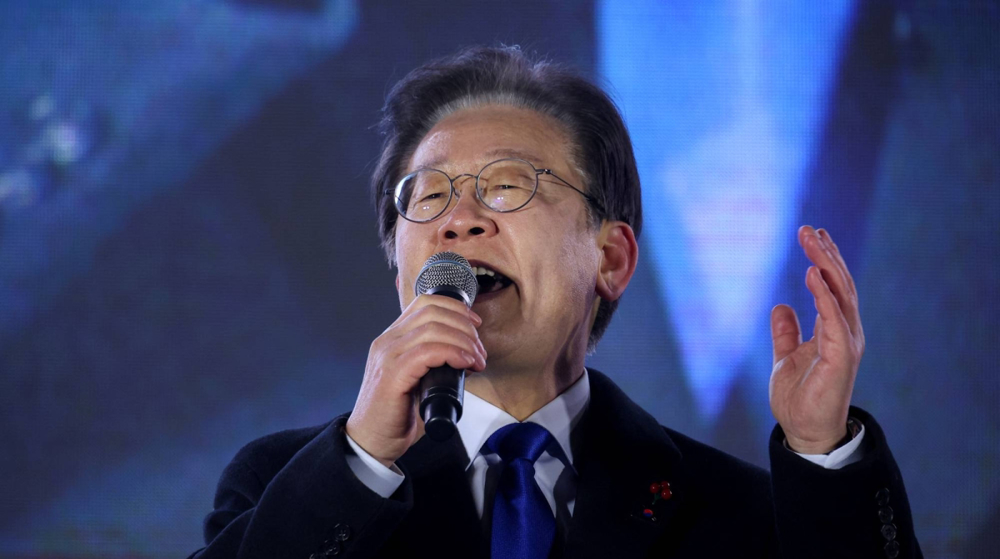
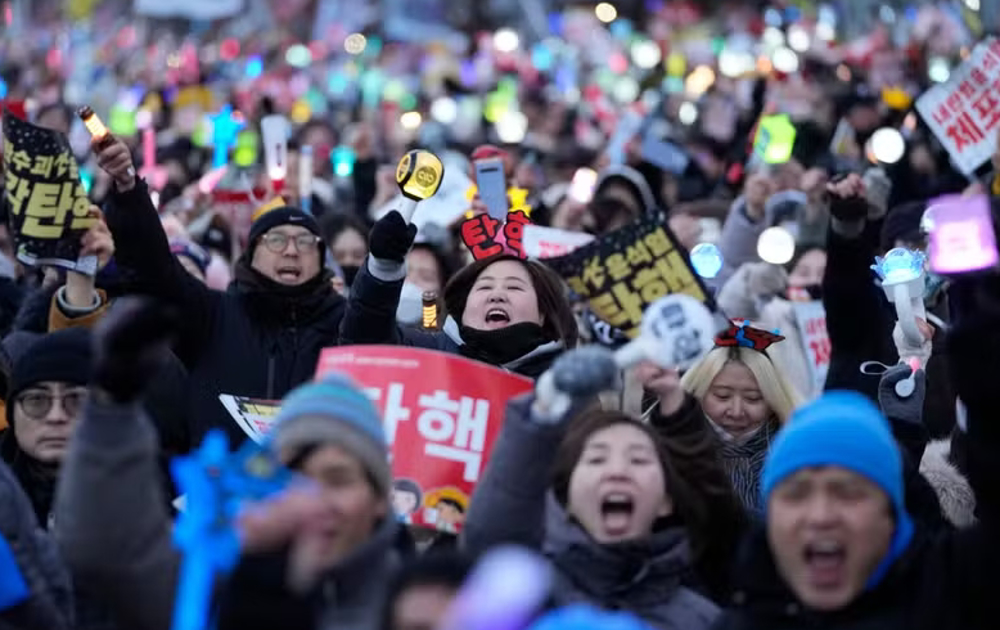
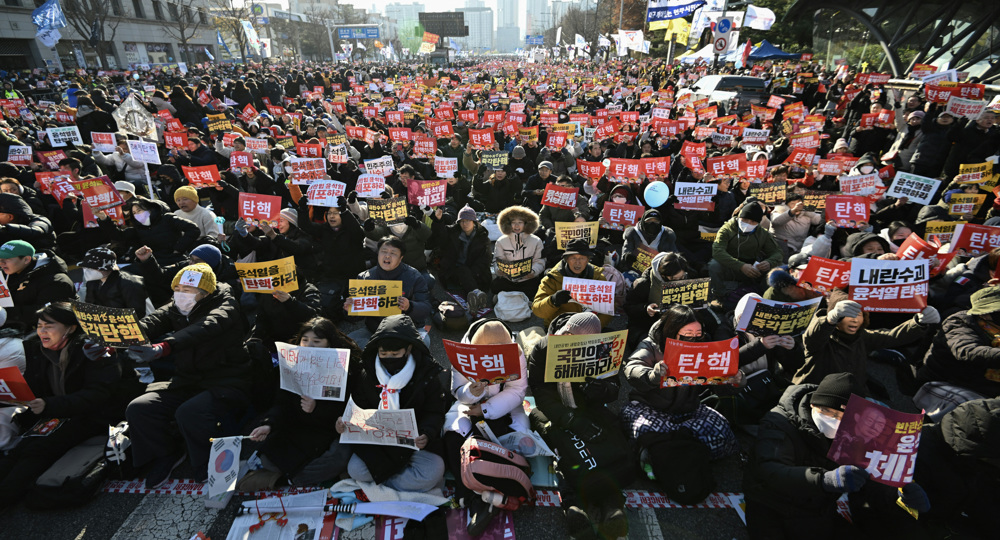



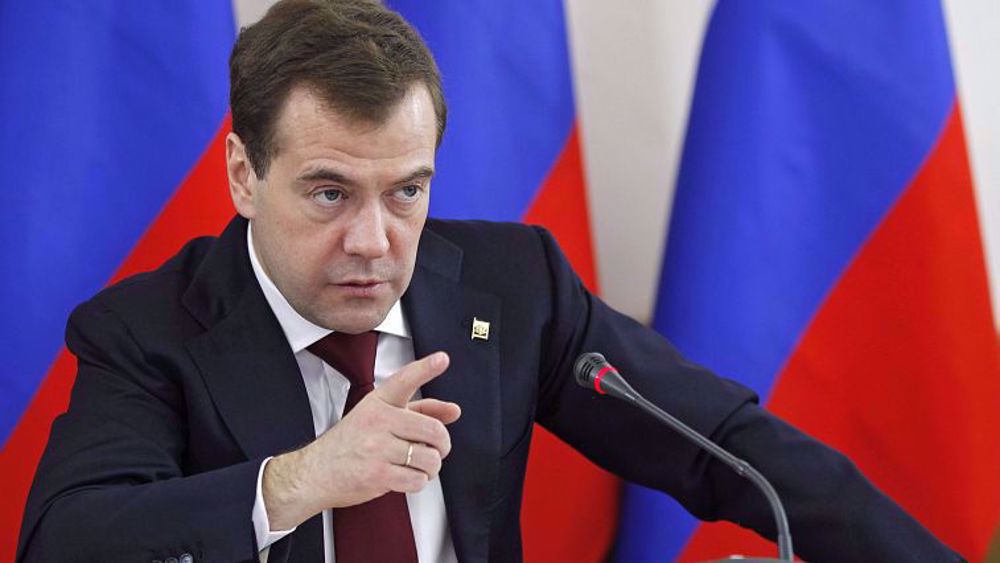
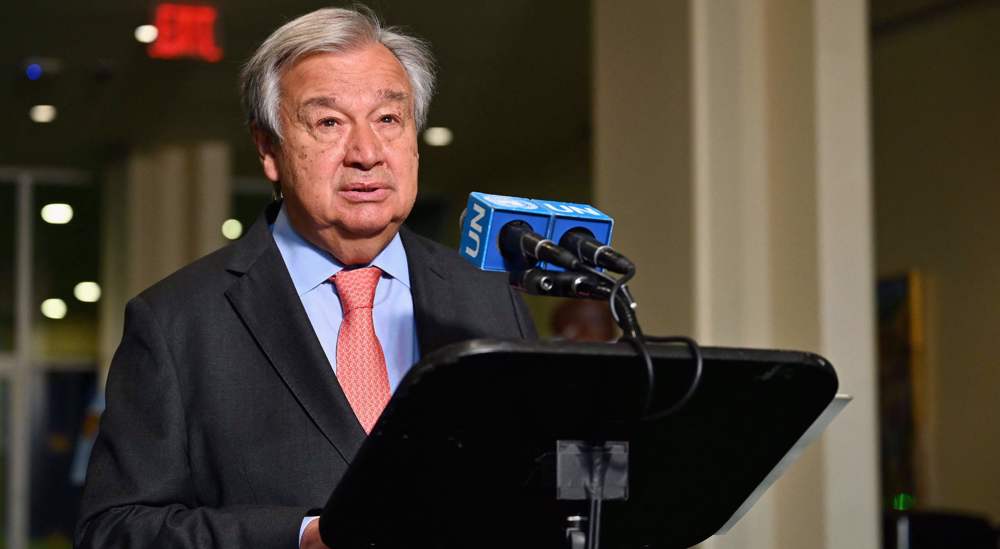
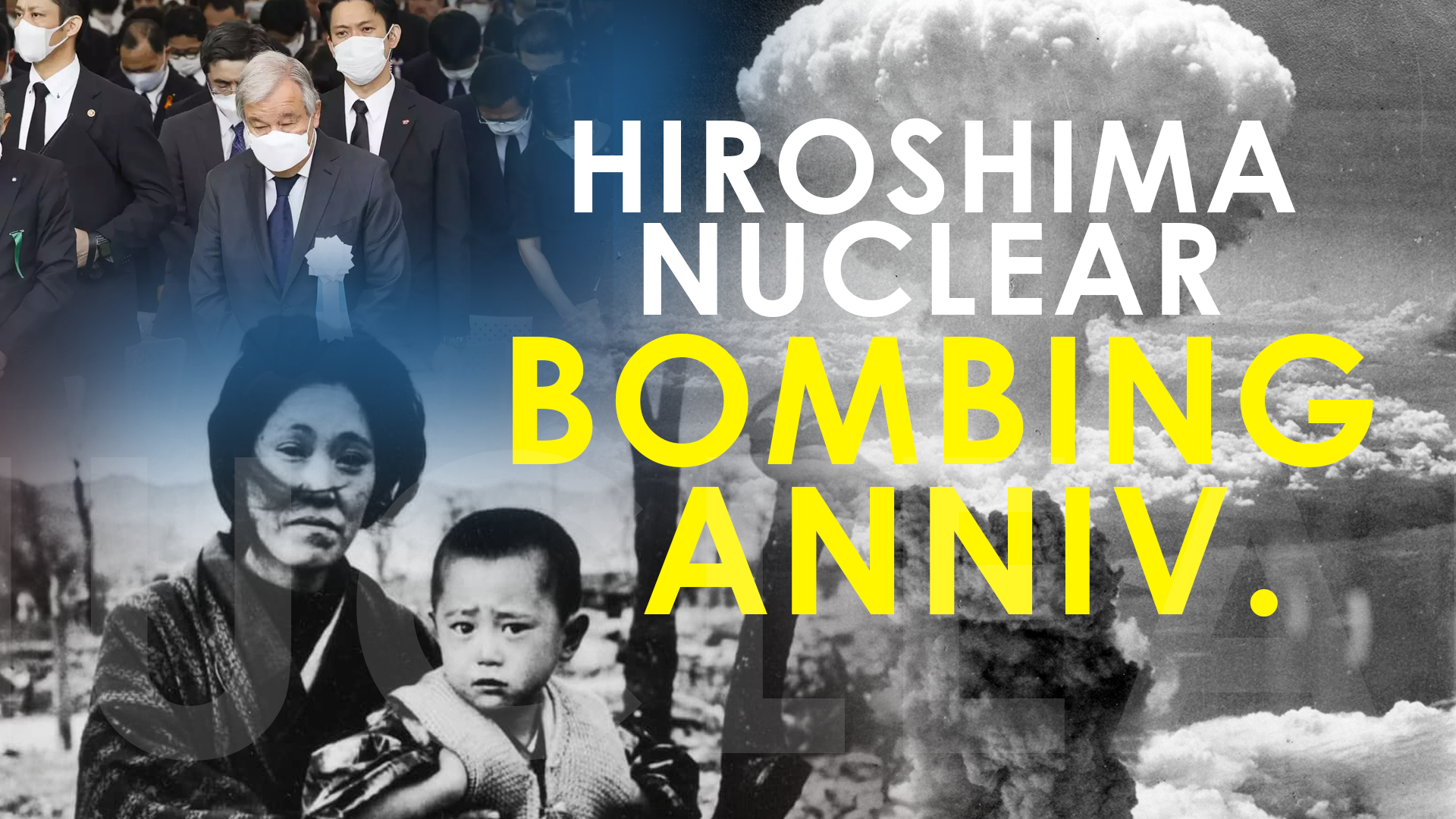

 This makes it easy to access the Press TV website
This makes it easy to access the Press TV website